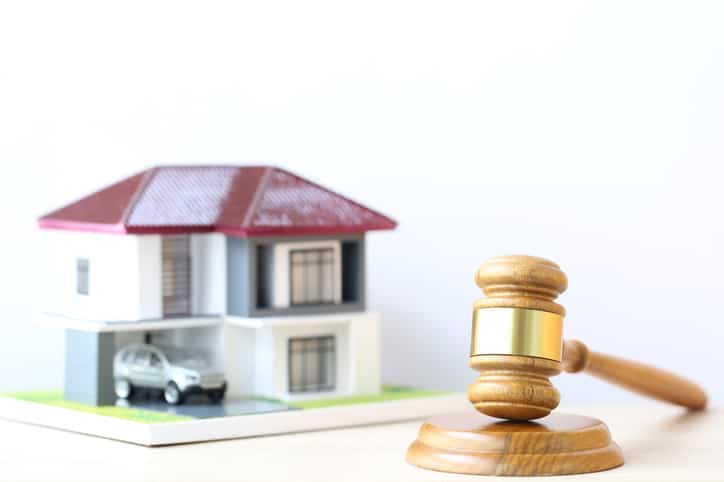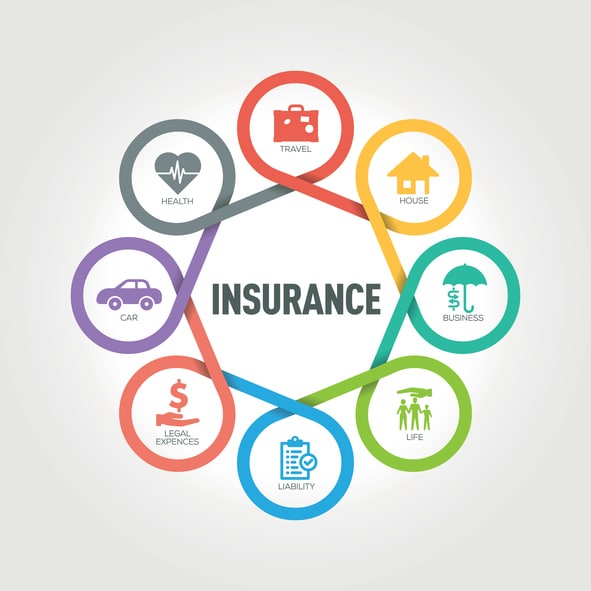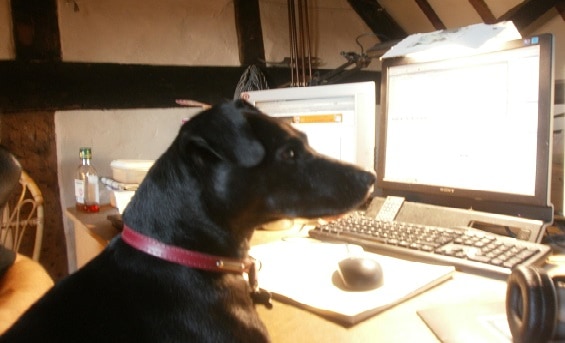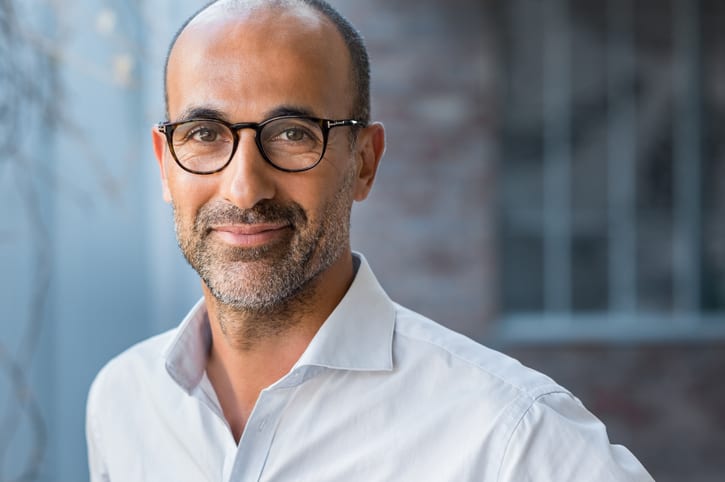Samantha, like so many people, knows deep down that she has to have an estate plan. But after putting it off, she jumped in when her sister Jill just told her about a new website for DIY estate planning that offers an array of templates that she can simply download off the Internet. How convenient, right?
Well…maybe not so fast.
Samantha is now learning the hard way that just because one is able to sign up for a service online and answer a few questions, it’s not the same as having a trained professional help her plan for occurrences down the road. Plus, a number of her questions don’t fit in a neat little box that’s easily addressed through some “FAQs” she has to sift through. Frankly, she doesn’t feel good about having to serve as her own attorney, which is precisely what she feels like. Too bad she’s already paid for something that may be able to deliver her paperwork but still can’t address all the answers she needs.
DIY (Do-It-Yourself) estate planning can be alluring for many of the reasons that lured Samantha in to give it a try, from speed to apparent cost-effectiveness. On the surface, the idea of getting your plan done quickly may be quite appealing. Yet, estate planning is an area that requires precision, and those templates that are so easy to download don’t provide such guidance for precise answers.
As a result, it can be entirely possible to run through the process of estate planning in a Do-It-Yourself format and all you receive from the platform is a product that isn’t going to work as a valid estate plan. This can be a tragedy with a number of unintended consequences. For one, imagine if your family members have been under the impression that you created an estate plan when, in fact, you did not.
Another example of where the DIY approach can fall through is naming an executor and heirs. Unfortunately, some templates invite answers such as, “One of my brothers or sisters should be an executor.” That may not be good enough.
Yet another potential problem is with distributions. For example, a template may not prevent something general like, “whatever my sister Susan decides is best.” That is not a definite provision — and it’s not Susan’s will, it’s yours.
Indecision of the above nature could invalidate your estate planning documents. So after you’ve gone through what may be a great deal of effort and expense, you could find yourself with very little to show for it if you plug in answers like that.
Another problem with the DIY approach to estate planning is a failure to account for all the assets. Estate plans have a number of functions, one being to guide the executor or successor trustee to what assets might exist, as well as making sure that those assets are conveyed or accounted for properly. When sitting in front of a screen, filling out a form, it’s unlikely that you may be fully taking stock of all your assets. A template that you download or fill out online may or may not actually remind you to look in all the categories that we might ask about. And should you leave out something, it could be a problem later, or may be transferred to someone you did not intend.
Long-Term Consequences of DIY Estate Planning
Online templates are also unlikely to advise you how to deal with retirement assets, or the benefits and costs of one strategy versus another. The value of such planning can serve as a foundation for significant growth or savings over time, however.
Another failure from doing it yourself is actually completing it yourself. At the end of the process, the documents need to be executed properly. Chances are you’re not going to be able to do that from the computer room of your house, but until it is it may not take effect.
Also, DIY estate planning generally is not going to look for potential sources of liabilities that you can address while you have time to do so, or provide alternatives which could be beneficial.
Finally, life happens and things change. Your estate plan needs to keep up but these forms and template-based systems are not necessarily going to keep pace with you. Nor are they going to change with you to reflect your current goals. Without the benefit of someone advising you, you’re probably not going to think about your estate plan very much in the future. Unfortunately, that could be the biggest cost of all, particularly if things change and you’re not keeping the plan up-to-date.
Look beyond the quick methods of doing estate planning, and remember the people you’re planning for deserve so much better – an approach that’s customized around your life’s ever-evolving journey. Arrange a strategy session with Windy City Legal to get started.











